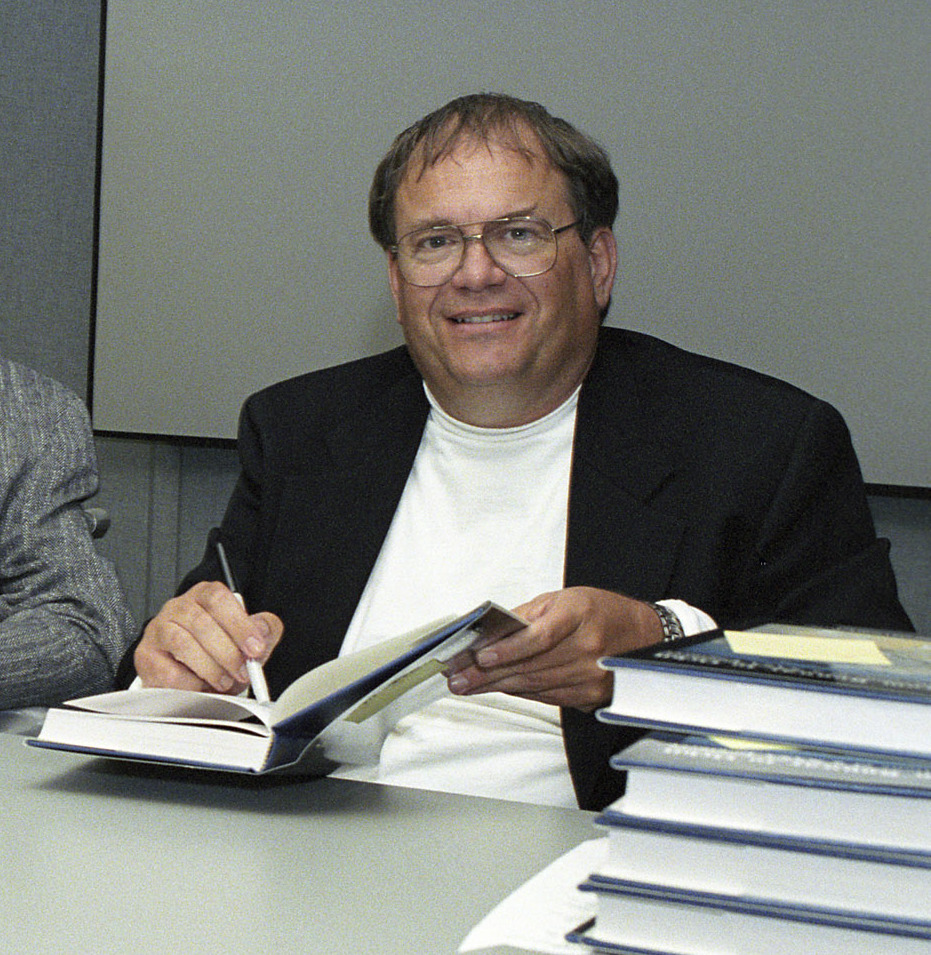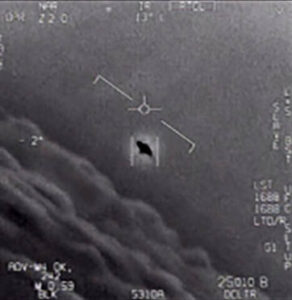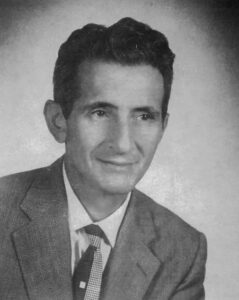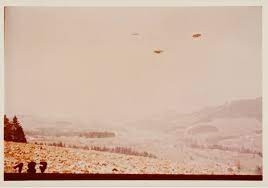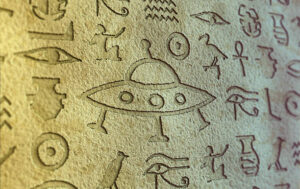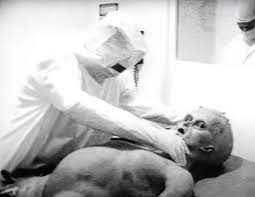Curtis Peebles is an American aerospace historian, author, and researcher known for his work in the fields of aviation history and the study of unidentified flying objects (UFOs). With a balanced and skeptical approach to UFO phenomena, Peebles has made significant contributions to our understanding of the relationship between aviation, the military, and UFO sightings. This article explores Peebles’ life, his approach to UFO research, and his impact on the field.
Background and Career
Curtis Peebles’ passion for aviation and aerospace history began early in life. After earning a degree in history, he pursued a career as an aerospace historian, working for various institutions, including the Smithsonian Institution’s National Air and Space Museum. Peebles’ expertise in aviation history provided him with a unique perspective when examining UFO phenomena.
Author and Researcher
Peebles has authored numerous books on aviation history and UFOs, often combining the two subjects to provide a broader context for understanding UFO sightings. Some of his most notable works include “Guardians: Strategic Reconnaissance Satellites” (1987), “The Corona Project: America’s First Spy Satellites” (1997), and “Dark Eagles: A History of Top Secret U.S. Aircraft Programs” (1999). These works showcase Peebles’ extensive knowledge of aerospace history and provide valuable insights into secret military projects and technology.
His book “Watch the Skies! A Chronicle of the Flying Saucer Myth” (1994) is perhaps his most significant contribution to the field of UFO research. In this book, Peebles examines the cultural, historical, and psychological aspects of the UFO phenomenon. He delves into the way that popular culture, media, and human psychology have influenced the perception and interpretation of UFO sightings. Peebles’ work in “Watch the Skies!” presents a balanced, skeptical perspective on the UFO phenomenon, while acknowledging the importance of continued investigation.
A Skeptical Approach
Curtis Peebles is known for his skeptical and objective approach to UFO research. He often emphasizes the importance of considering alternative explanations for UFO sightings, such as misidentifications of natural phenomena or conventional aircraft. Peebles argues that many UFO sightings can be attributed to secret military aircraft and projects, which were often mistaken for extraterrestrial craft due to their advanced technology and unconventional appearance.
Impact on the Field
Curtis Peebles’ work has had a significant impact on the field of UFO research, offering a balanced and rational perspective on the subject. His expertise in aviation history has provided valuable context for understanding the relationship between aerospace technology and UFO sightings. By highlighting the role of human psychology, popular culture, and media in shaping perceptions of UFO phenomena, Peebles has helped to broaden the scope of UFO research.
His skeptical approach has encouraged critical thinking and rigorous investigation, which are essential for making progress in understanding the UFO phenomenon. Peebles’ work has inspired other researchers to adopt a more balanced and objective perspective when investigating UFO sightings and encounters.
Contributions
Curtis Peebles’ contributions to the fields of aviation history and UFO research have provided valuable insights into the complex relationship between aerospace technology, military secrecy, and the UFO phenomenon. His balanced and skeptical approach to UFO research has set a high standard for objective investigation and critical thinking, inspiring others to adopt a similar perspective. As we continue to explore the mysteries of UFOs and the skies above, Peebles’ work serves as a reminder of the importance of maintaining an open, yet discerning, approach to the unknown.

